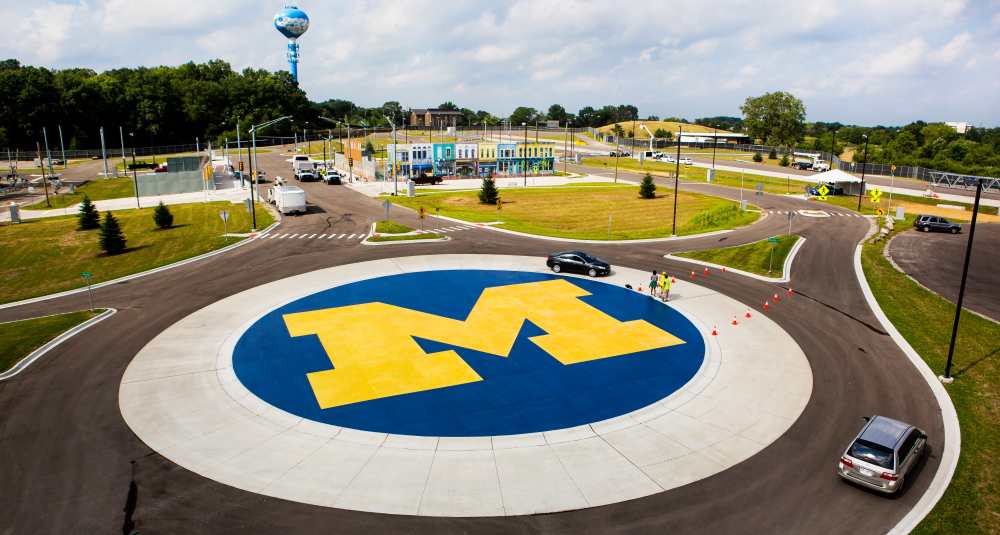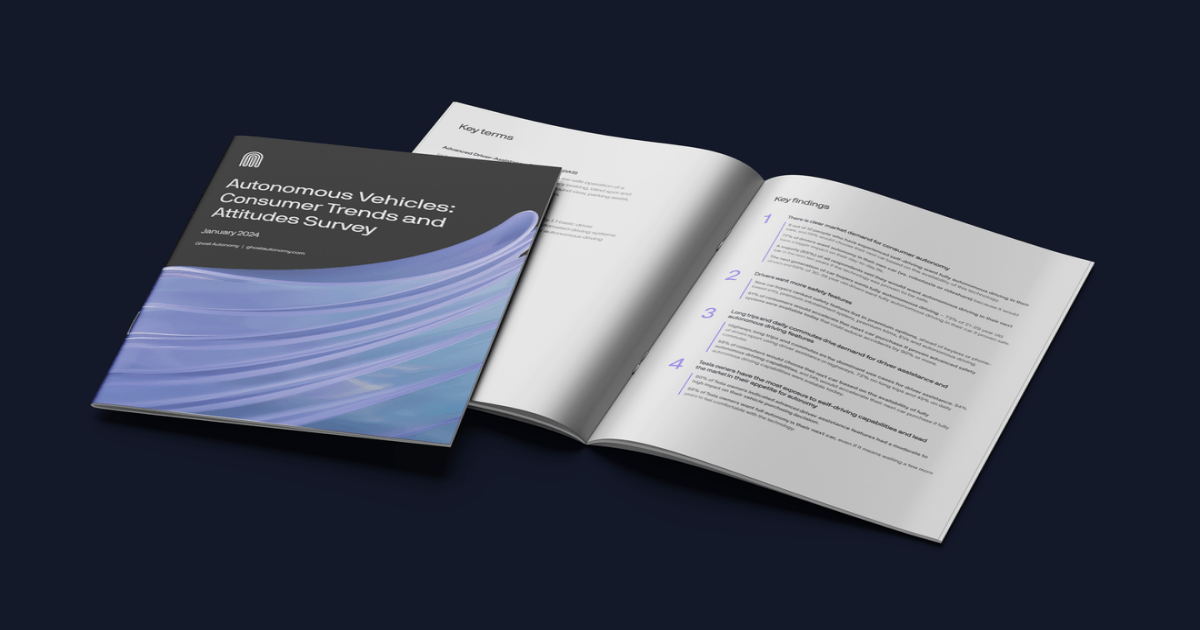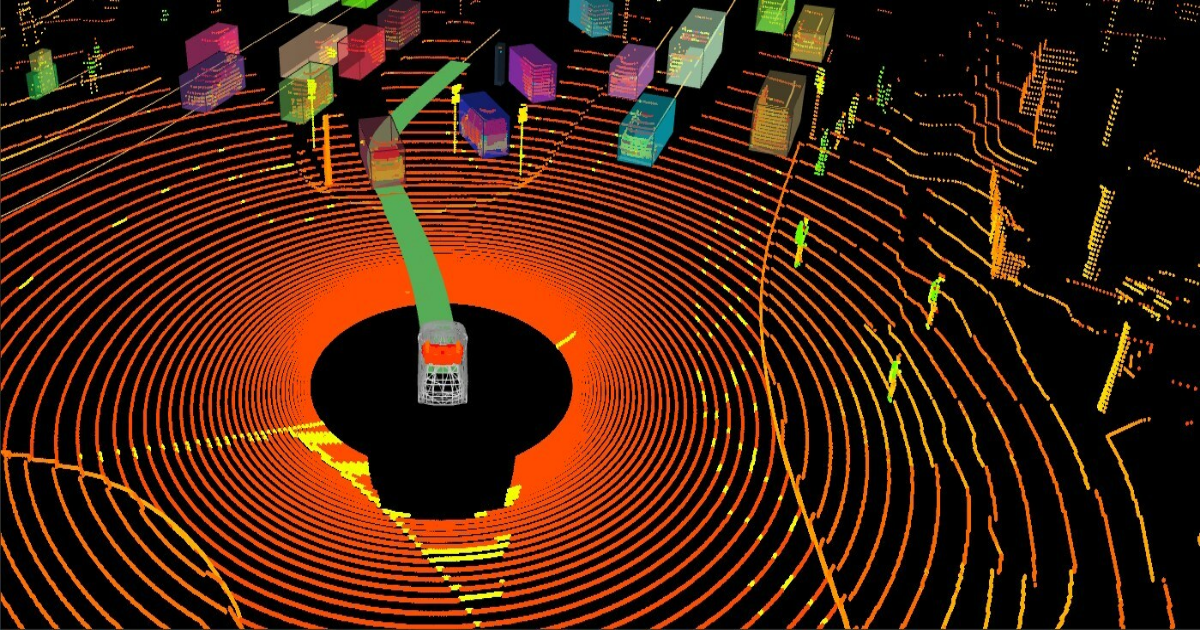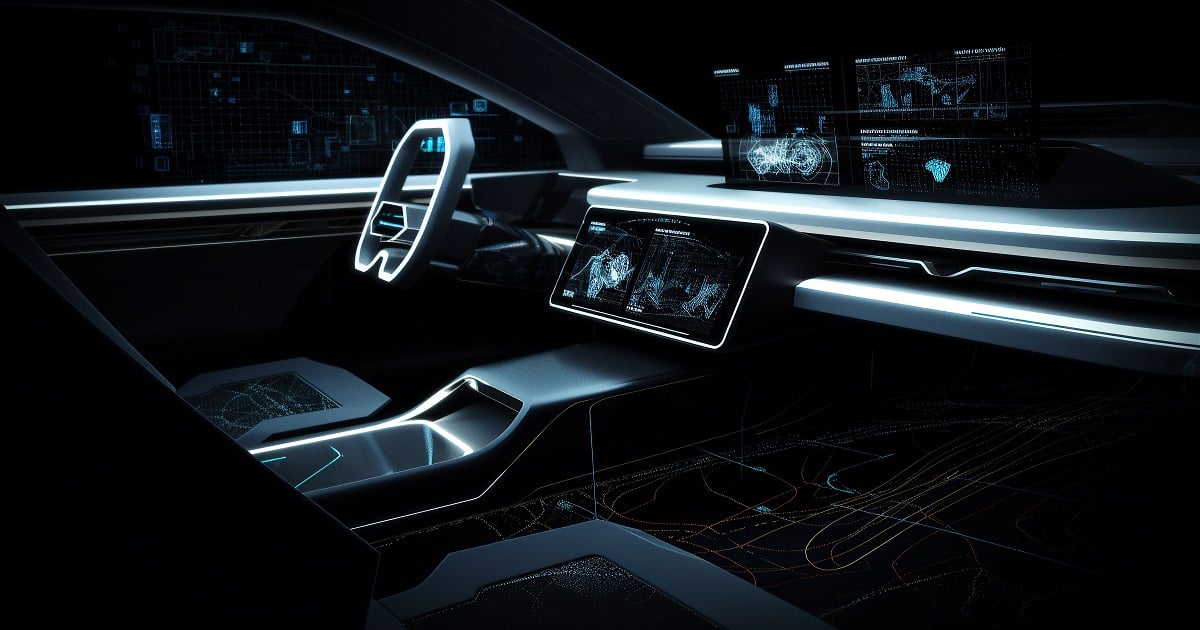
Connected and automated vehicle, or CAV, technologies potentially improve safety, mobility and sustainability. This is done through a combination of advanced sensor technology, GPS and telecommunications systems.
CAV research ideas, for the most part, are tested using simulation with limited open data sets. Add that to the limited access to physical test facilities that researchers have, and CAV research and technology development is hindered, resulting in technical and social dimensions challenges that include sensing, communications and human interaction.
The U.S. National Science Foundation, wanting to give academic researchers and students nationwide access to a cloud-based, AR testbed for CAV technologies, awarded $5 million to the University of Michigan.
The award will expand the university’s original CAV proving ground, known as Mcity, by integrating the physical test track with a software simulation environment. This project will provide the means for collaborative discovery and collective effort to accelerate the research and workforce development of CAV technologies.
“Testing these vehicle technologies in real-world scenarios is an essential step for transferring innovations to businesses, communities and drivers,” said Susan Margulies, NSF assistant director for engineering.
The project will also broaden participation by providing easier access to top research infrastructure for the research community.
The Mcity 2.0 AR testbed will be automated to let researchers configure and control the test facility infrastructure such as traffic lights, crosswalk buttons, rail-crossing arms, etc., and build test scenarios using a web-based graphical user interface. The testbed will integrate three components:
- A physical test facility including infrastructure and CAV fleet.
- A mobility data center that collects and shares near-real-time traffic information from 21 intersections. The mobility data center will make available sensor data sharing messages broadcast by roadside units in the Ann Arbor Living Laboratory publicly to the research community.
- An augmented naturalistic diving simulator that blends real and virtual vehicles. Data will be used to develop a naturalistic driving environment simulator that enables users to test their algorithms before deployment at the Mcity Test Facility, with a blend of real and virtual fellow road users.
All test data will be archived in a cloud database to enable secure access and data/method sharing for research and education purposes.
“NSF’s investment in Mcity 2.0 will provide easier and broader access to top-tier research infrastructure and accelerate the collaborative development of new vehicle technologies involving communication, sensing, control, human dimensions and more,” said Robert Stone, division director of the NSF Division of Civil, Mechanical and Manufacturing Innovation.
Additionally, a Technical Advisory Committee of government, academia and industry members will ensure equitable and effective usage of this research infrastructure. Education and outreach activities are planned to strengthen academic-industry partnerships and workforce development for the emerging CAV industry.
Edited by
Erik Linask





